Visual discrimination Normal Worksheets for Ages 4-6
12 filtered results
-
From - To
Enhance your child's visual discrimination skills with our engaging worksheets designed specifically for ages 4-6. These printable resources are perfect for young learners to recognize differences and similarities in shapes, colors, and patterns. Our thoughtfully crafted activities promote critical thinking and boost observational abilities while keeping children entertained. Each worksheet is designed to align with early learning standards, ensuring a fun and effective educational experience. Ideal for homeschooling or classroom use, our visual discrimination worksheets help cultivate essential skills that set the foundation for reading, writing, and overall success in academics. Download and watch your child's confidence grow today!


Sort and Count to the Moon Worksheet
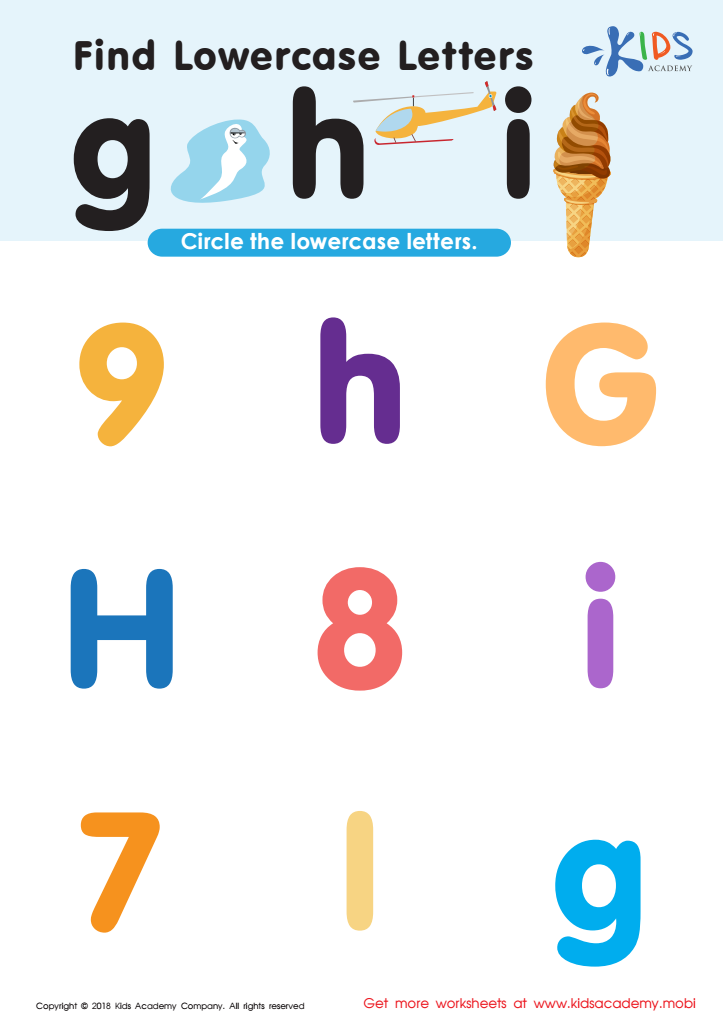

Find Lowercase Letters g h i Worksheet
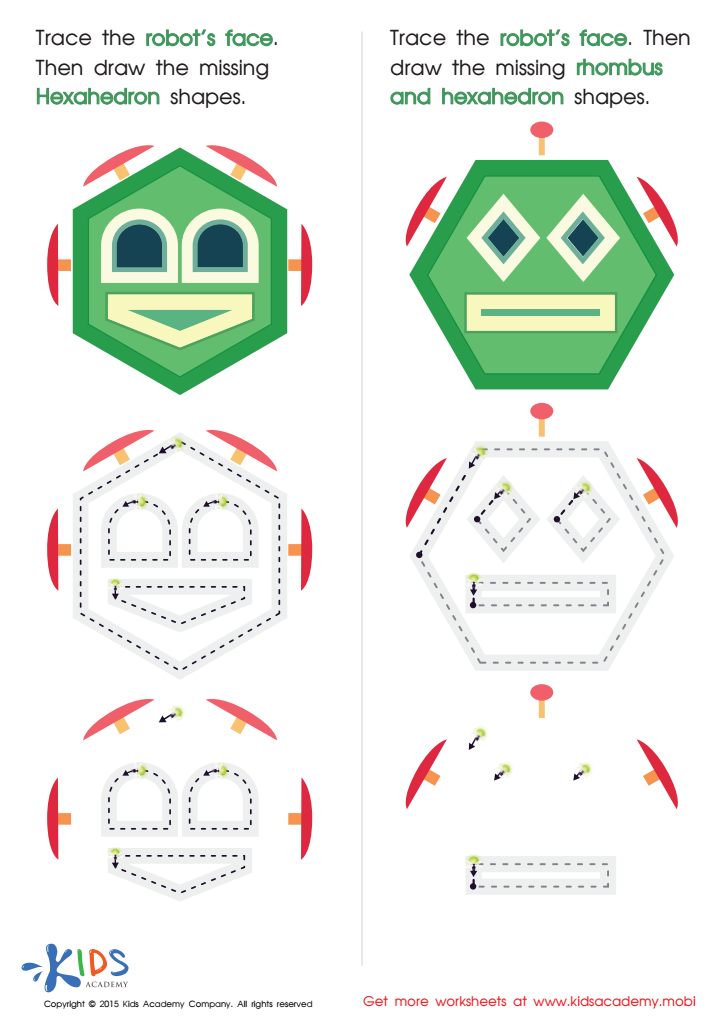

Practice Drawing Hexahedrons And a Rhombus Worksheet
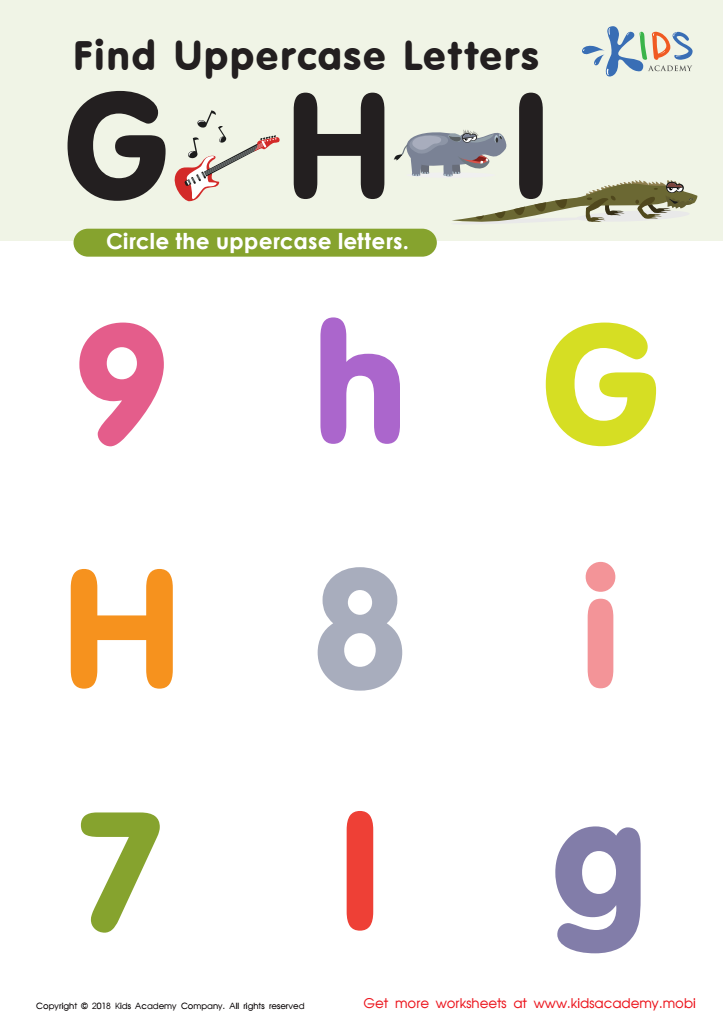

Find Uppercase Letters G, H, and I Worksheet
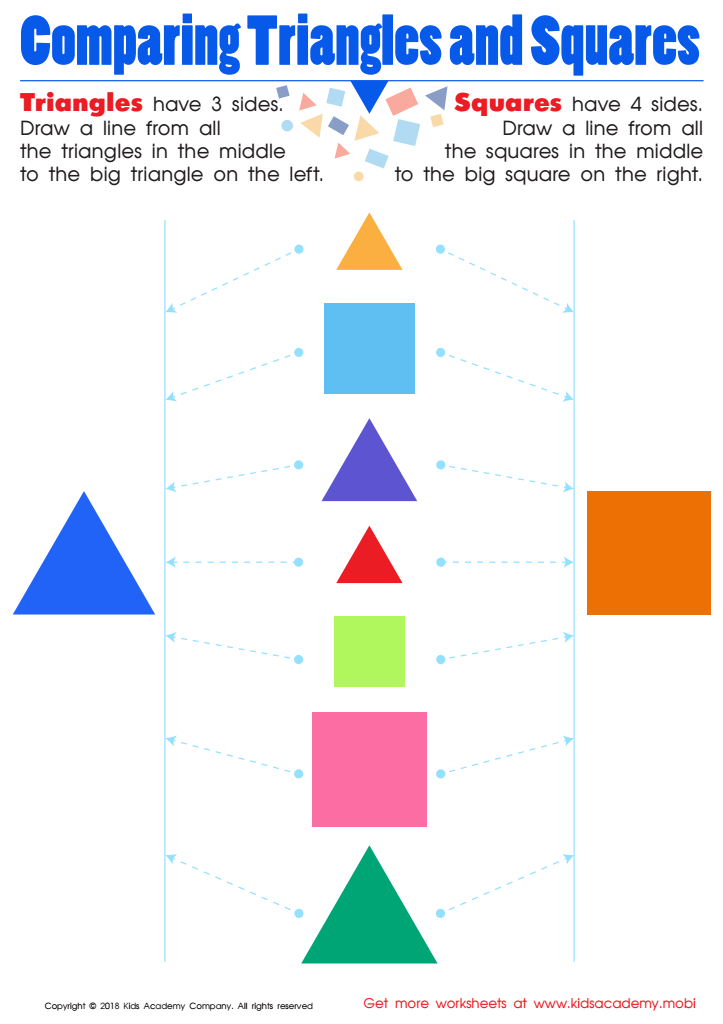

Comparing Triangles Squares Worksheet
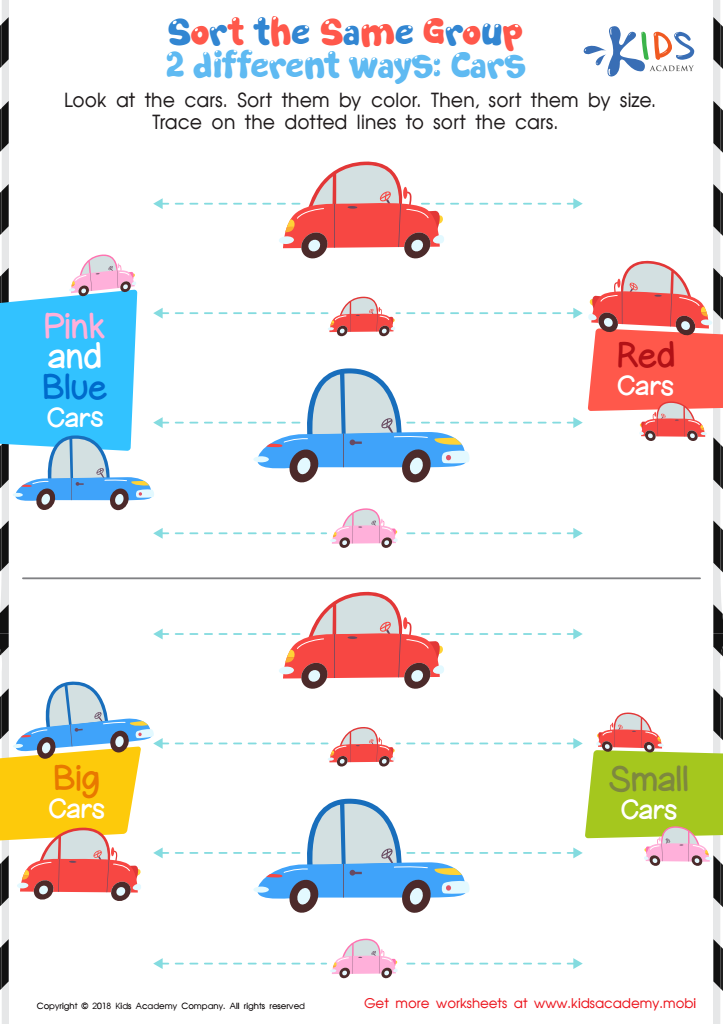

Sort the Same Group 2 Different Ways: Cars Worksheet
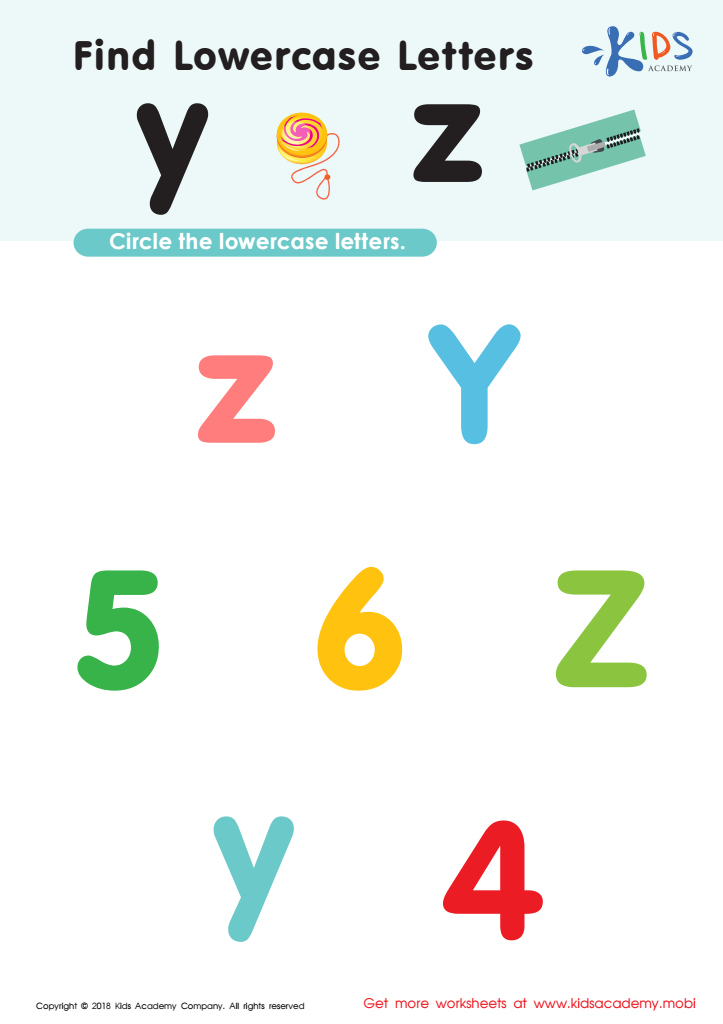

Find Lowercase Letters y z Worksheet
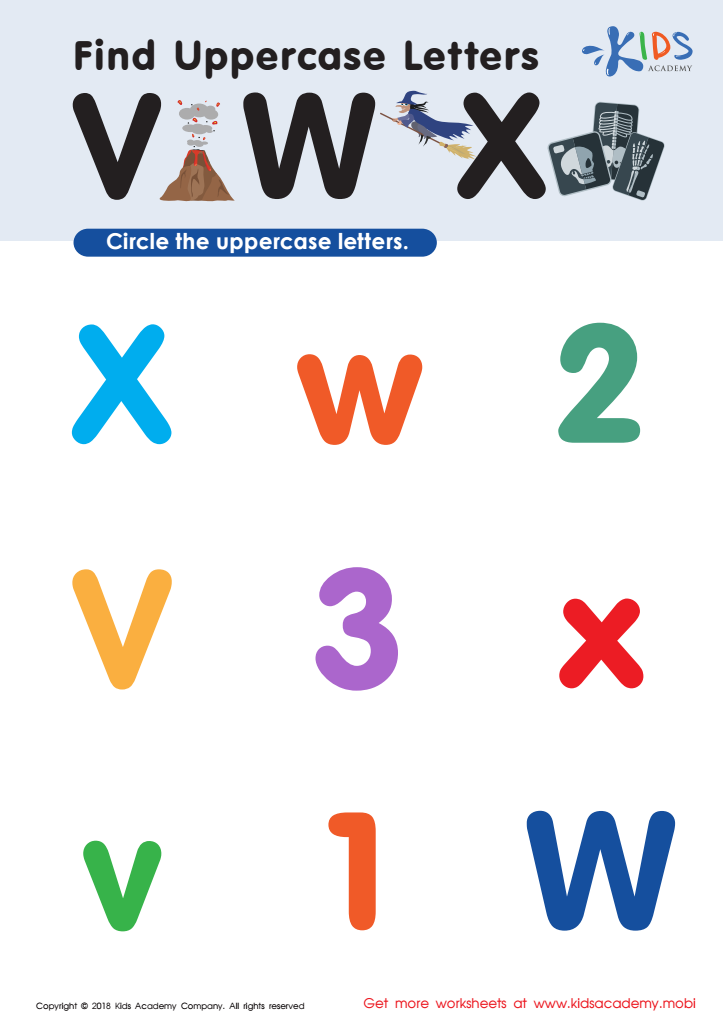

Find Uppercase Letters V, W, X Worksheet
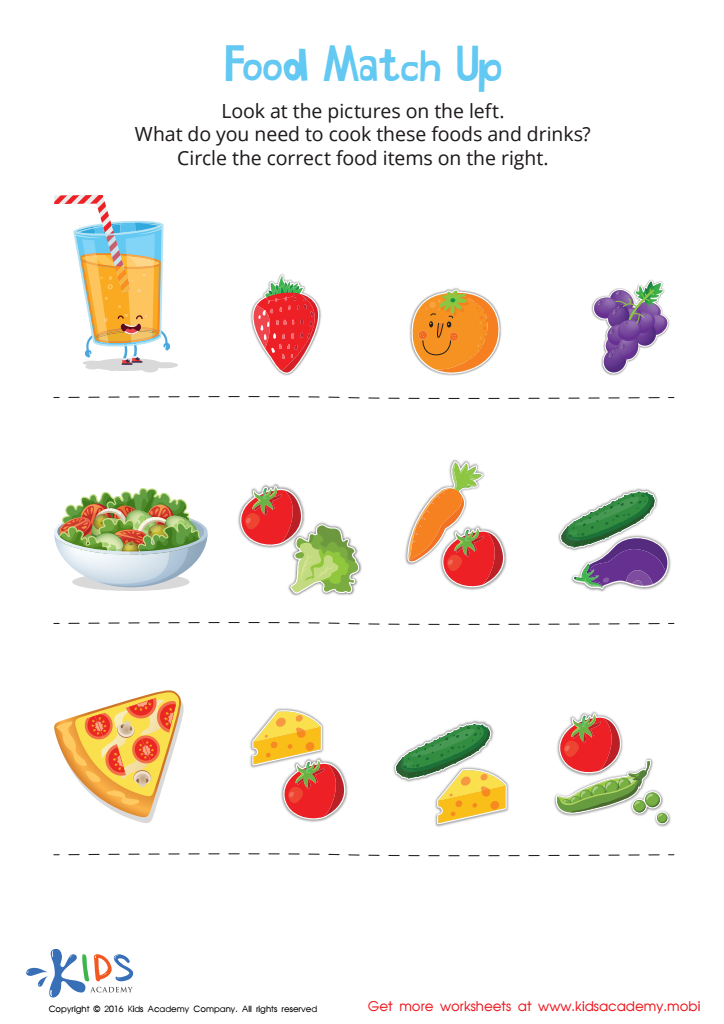

Food Match Up Worksheet
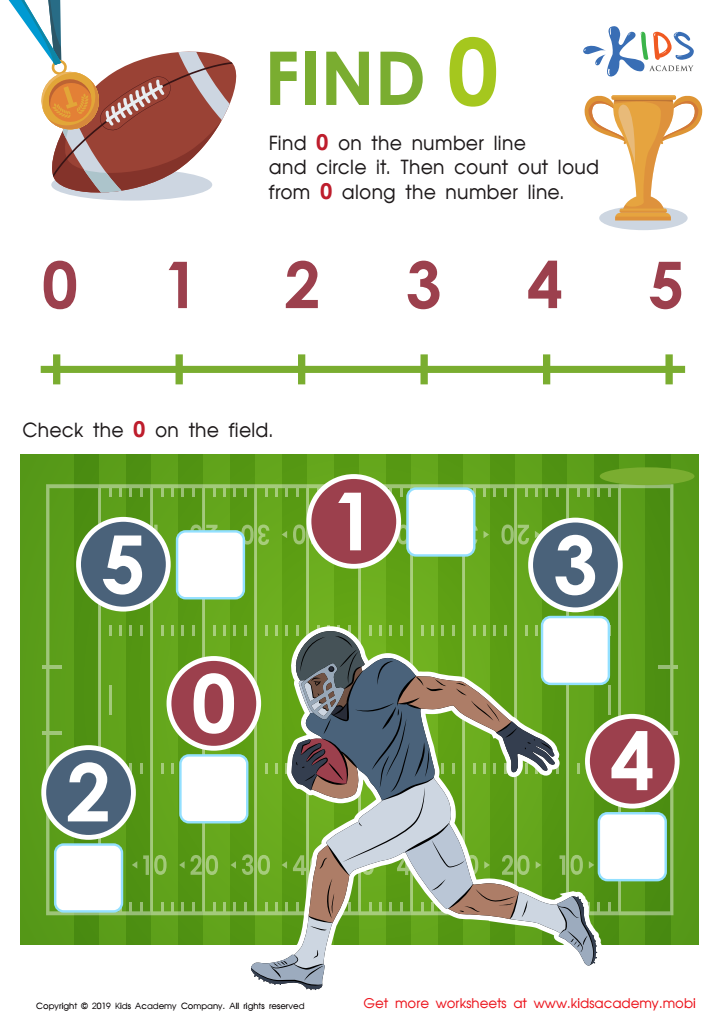

Find 0 Worksheet
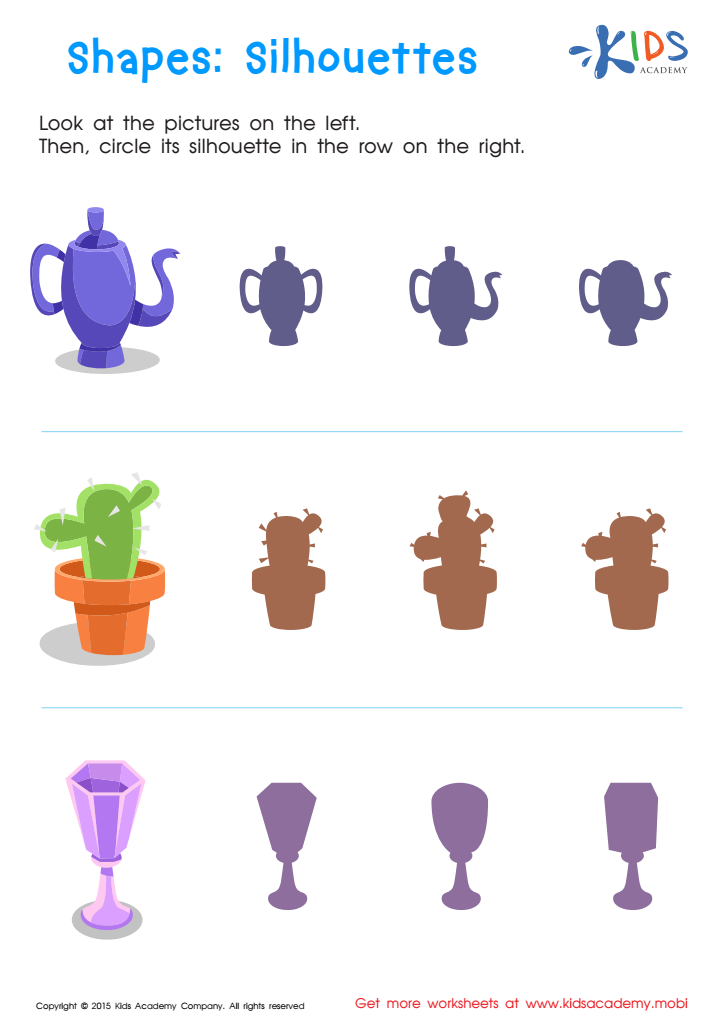

Silhouettes – Shapes Worksheet
Visual discrimination is a crucial skill for children aged 4-6 that enables them to differentiate between similar shapes, colors, sizes, and patterns. Parents and teachers should prioritize this skill because it lays the foundation for essential learning activities such as reading, writing, and problem-solving. When children can accurately identify differences and similarities in visual stimuli, they are better equipped to recognize letters, numbers, and words, which is vital for literacy development.
Moreover, strong visual discrimination skills enhance a child's ability to follow instructions and complete tasks, leading to improved focus and engagement in the classroom. These abilities also play a significant role in mathematics, as children learn to distinguish between various numerical symbols and understand spatial relationships.
Encouraging visual discrimination through fun activities—such as puzzles, matching games, and sorting tasks—can foster not only cognitive skills but also social interaction among peers, contributing to holistic development. Therefore, by investing time and resources in promoting visual discrimination, parents and teachers can significantly enhance children's learning experiences, setting them on a path for academic success and lifelong learning.

 Assign to My Students
Assign to My Students
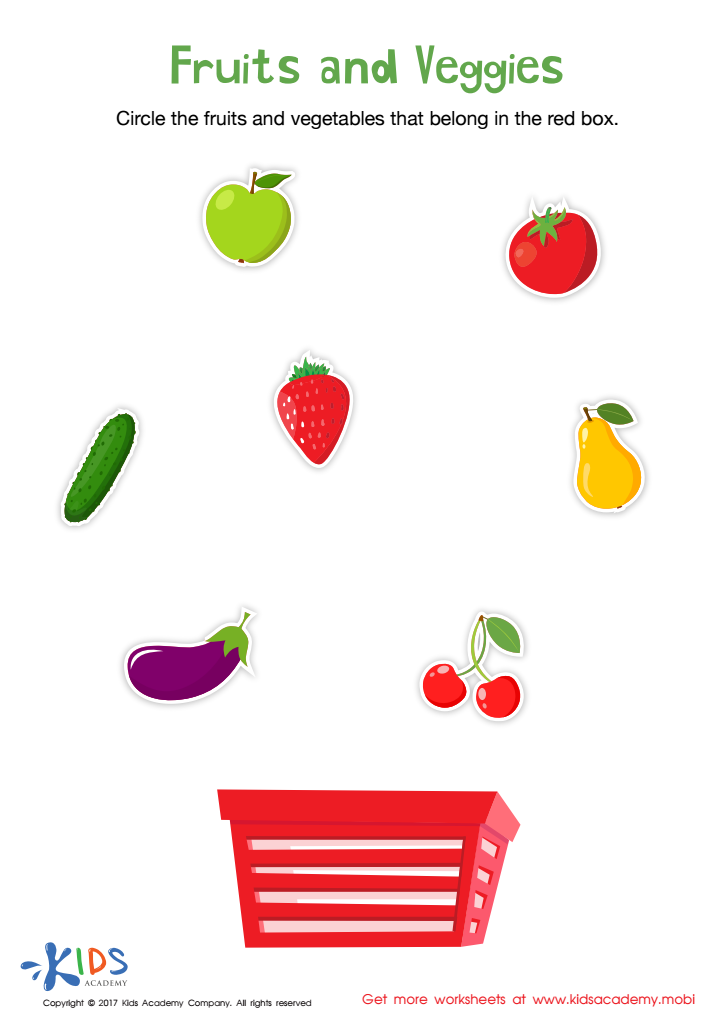


.jpg)













